2020 election won't be won by ideological arguments: COLUMN
Dowd: presidential races for past 25 years didn't hinge on ideology.
As we get ready for the first Democratic primary debate where all leading candidates will be on one stage in Houston, we already are hearing a discussion about the potential vulnerability of the Democratic nominee for having an ideology too far out of the center of American politics.
As differences are highlighted among the various Democratic candidates on issues, a point is made by some in the media and by the GOP that a Democrat can’t win the general election if they are perceived as “too liberal”.
Let me make something exceedingly clear, this election, like every presidential race for more than 25 years, will not be decided by ideology.
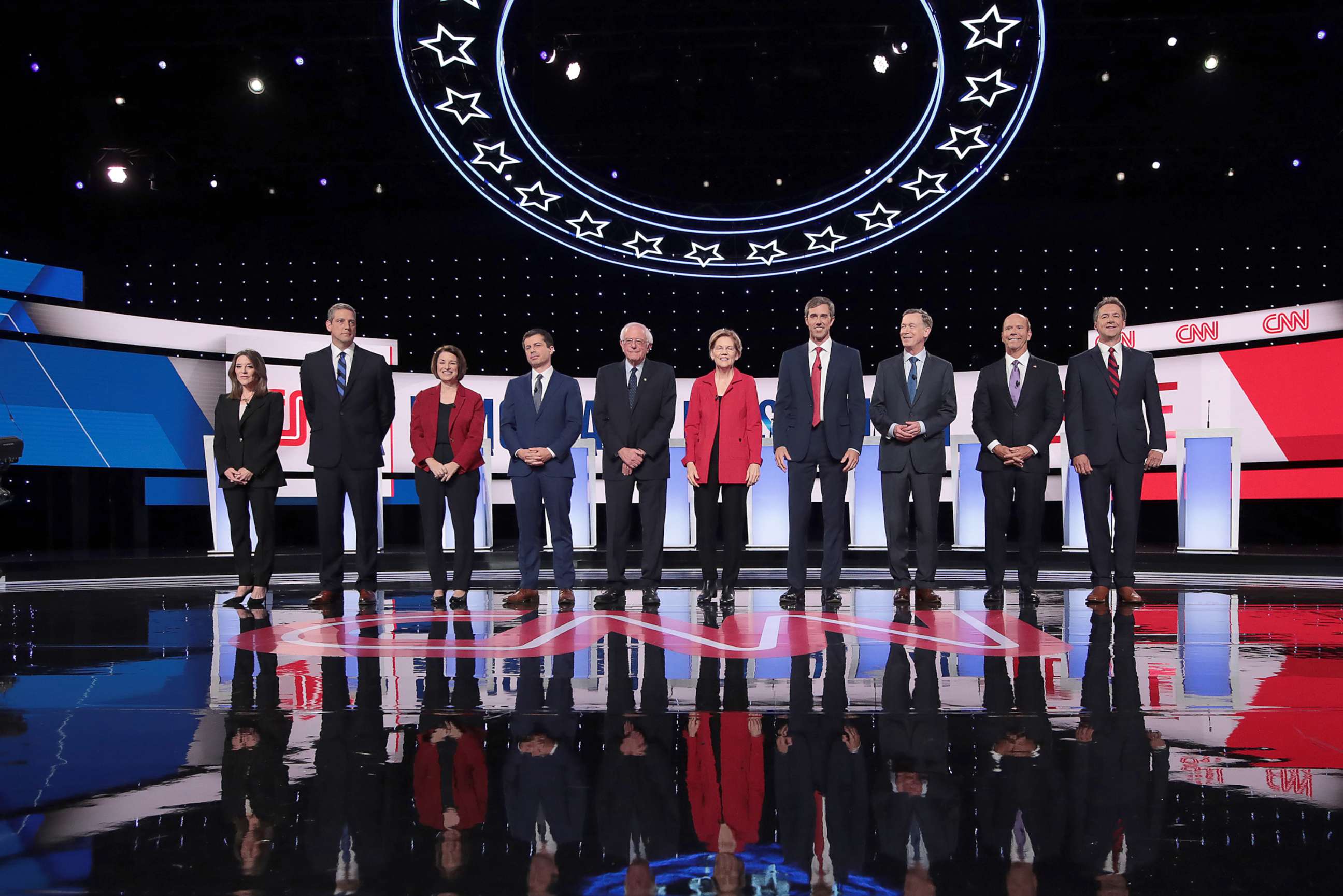
In looking at each presidential election since 1992, no Democratic nominee lost because they were viewed as “too liberal”. In fact, one of the most “liberal” Democratic candidates to run for president was elected to two terms in office: President Barack Obama. Though it comes up over and over in discussion of the political environment, the ideology of a candidate has little to do with swing voter preference when it is time to decide who those voters want to be president.
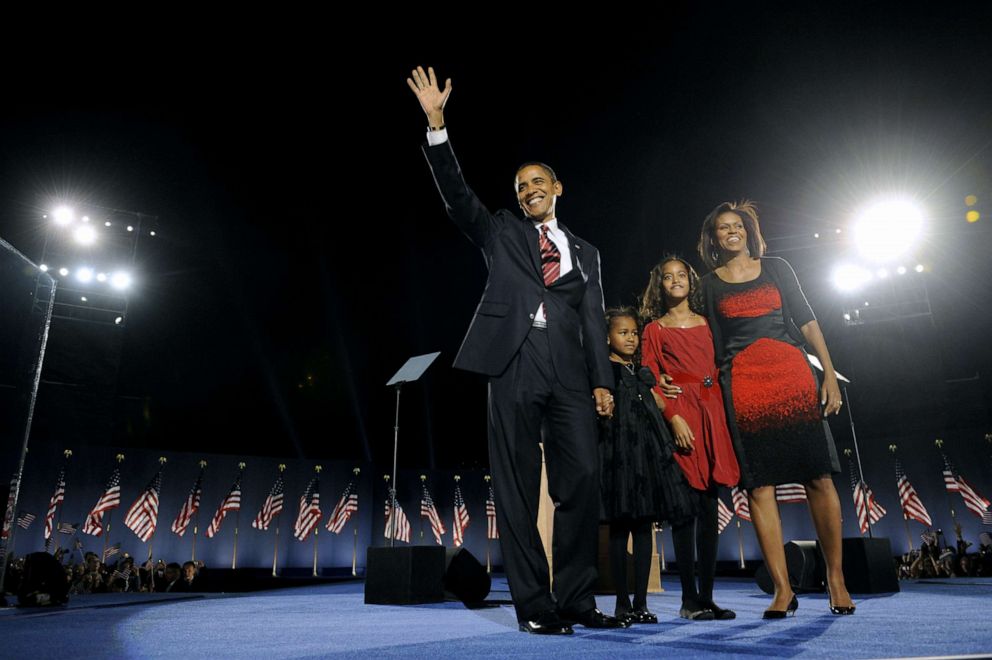
In 1992 and 1996, Republicans, in part, ran against Bill Clinton as being too liberal, and Clinton won both these elections. In 1992, Clinton won because he was the candidate of change at a time when the incumbent president had a very low job approval. In 1996, then-president Clinton won re-election because the economy was improving and his job approval was above 50%.
No ideological effects.
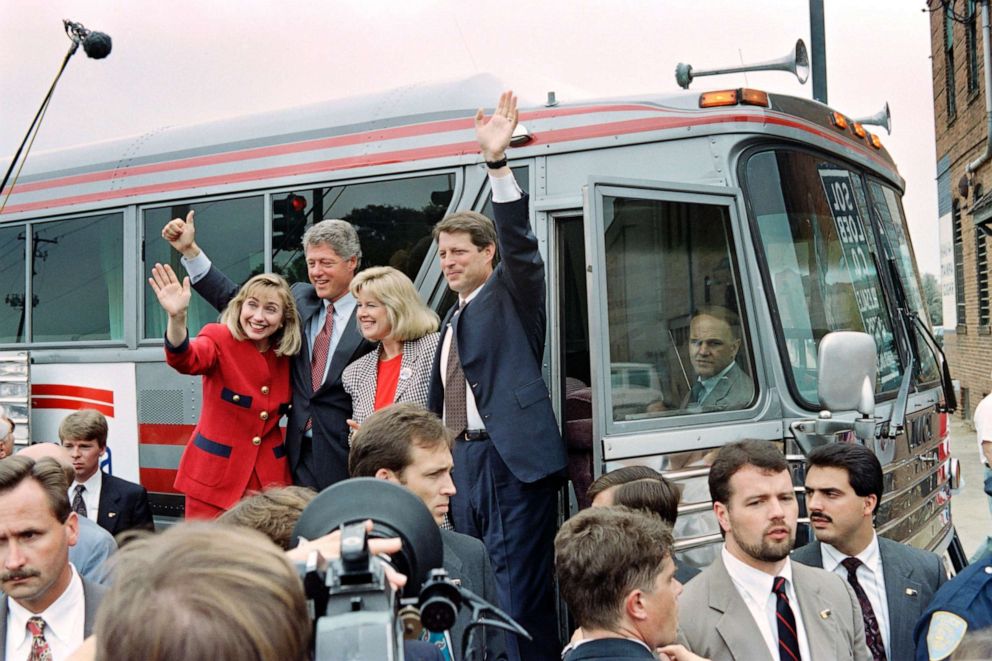
In 2000, Vice President Al Gore won the popular vote but lost the electoral college to then Texas Gov. George W. Bush to a large degree because of Gore’s inability to tie himself to the positives of the Clinton administration and the desire of the American public to turn the corner on scandals.
No ideological effect.
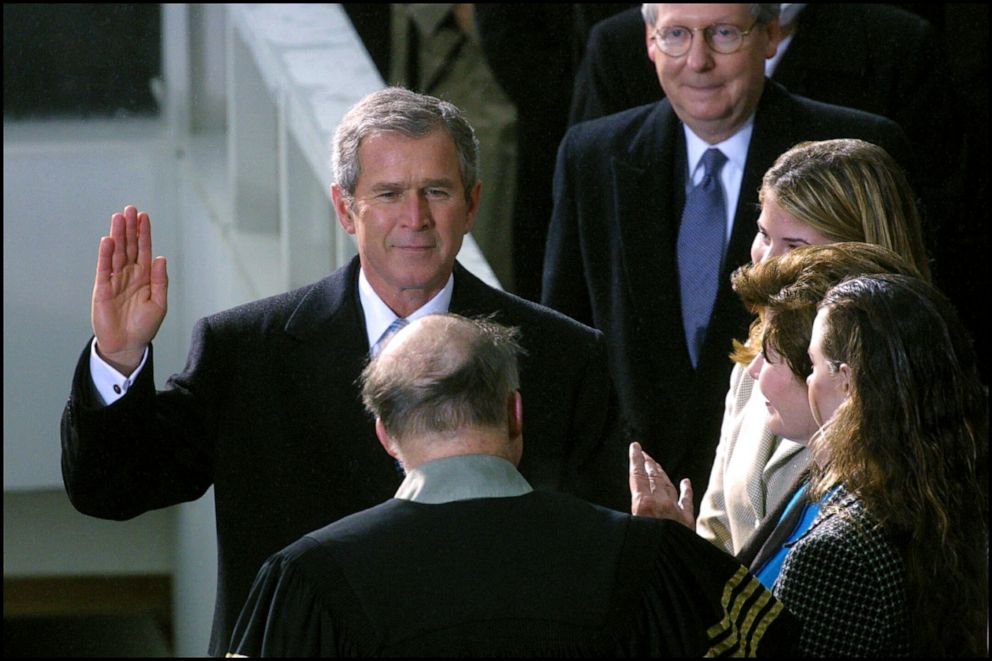
In 2004, during a race in which I was chief strategist for President Bush, we tested various vulnerabilities of then Massachusetts Sen. John Kerry, and one of the least effective line of attacks was on ideology and calling him a liberal, so we didn’t go that route. And it being a re-election campaign, President Bush had a job approval of more than 50% by election day which allowed him to win a close election.
No ideological effect.
In 2008 and 2012, President Obama was confronted with ideological attacks by the GOP, calling him extremely liberal, and he won convincingly in both elections. Additionally Obama’s job approval in 2012 was above 50% by election day which proved decisive once again. Again, being liberal wasn’t a liability.
And in 2016 the campaign of then-candidate Donald Trump and former Secretary of State Hillary Clinton each tried at various points ideological attacks which proved equally ineffective. In an election in which voters disliked both candidates, the results were a split decision with Clinton winning the popular vote and Trump winning the electoral college. In the end, Trump won the votes of those who disliked both candidates in key states because those voters decided change would more likely come from an outsider as opposed to an insider.
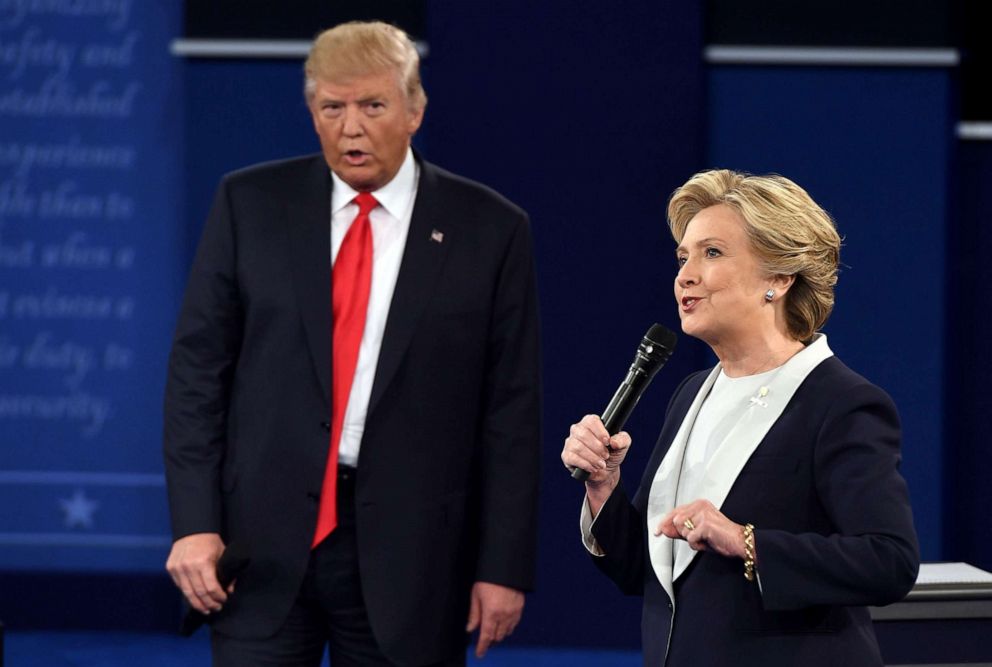
As we approach this 2020 presidential campaign in the general election it is important to keep in mind no Democratic candidate in the last seven presidential elections lost because they were too liberal and no Republican lost because they were too conservative.
The voters who will decide this coming election will not persuaded by ideological arguments.
This will be an election largely determined by the approval standing of the incumbent president. If Trump is above 50% approval (a level he has never once achieved in the Gallup Polls) he will be hard to beat, and if he is below 50% approval to any significant degree it will be hard for him to win no matter the Democratic nominee or how liberal that nominee happens to be.
And finally, when one looks at where the center of American politics is today on various issues, these voters in the center want strong gun reform, want universal health care coverage including a Medicare option for all, want increased taxes on the very wealthy, and want significant action on climate change.
Which party’s candidates are closer to those positions and which party is further away from that center of American politics?
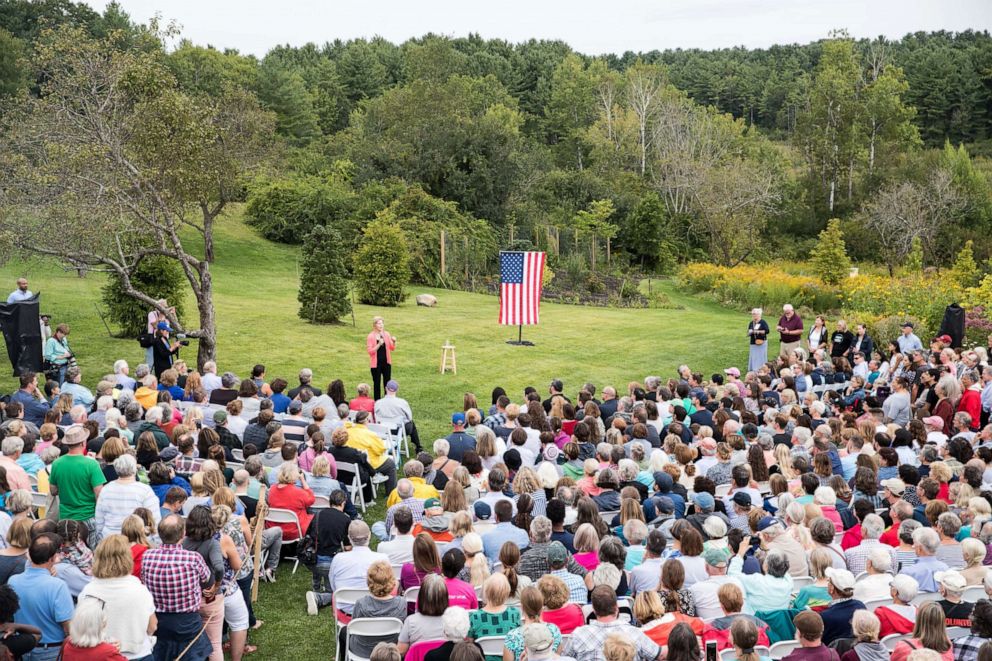
In the end, presidential campaigns are about big values, about a vision for the future and who can bring the country together, they are not fundamentally about ideology. And if the GOP was to mistakenly employ an ideological strategy trying to paint Democrats as outside the mainstream or too left, they may want to take a moment to see where the center of the public stands on important concerns in this moment.
It is time those in politics, and those who cover politics, dropped the mantra of left vs right, or liberal vs. conservative because these haven’t resonated for years among most swing voters and will not resonate in the 2020 presidential general election.
Matthew Dowd is an ABC News analyst and special correspondent. Opinions expressed in this column do not necessarily reflect the views of ABC News.




